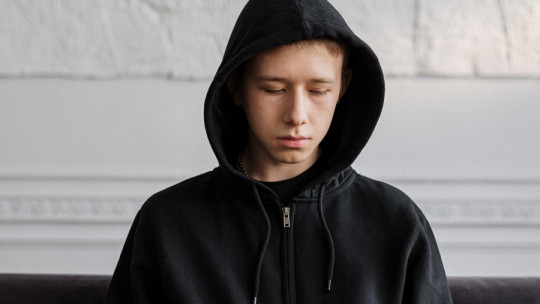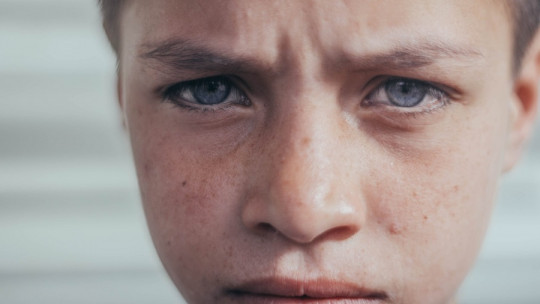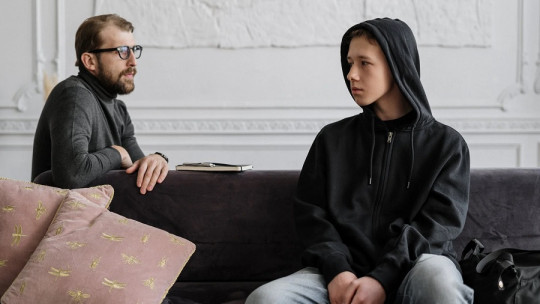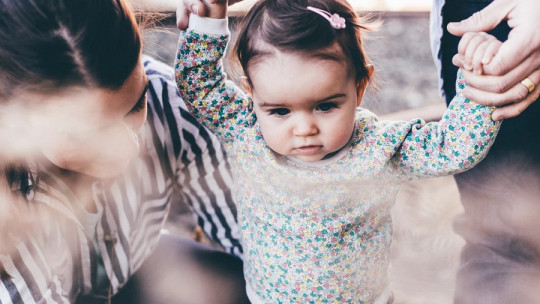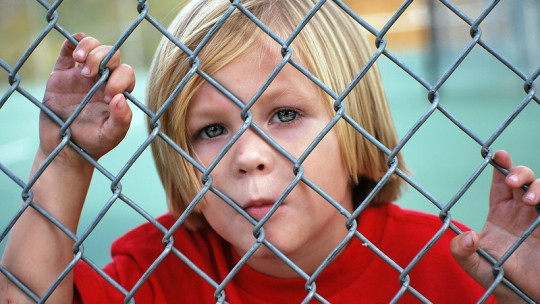
A divorce or breakup is one of the most stressful situations in a person’s life. In fact, it is a grief or breakup with a partner, with a way of life, which gives rise to numerous implications in the personal, family, social and work spheres.
A divorce involves leaving behind feelings, assets, common projects, or at least, repositioning them in your life, and facing a new situation, which is uncertain and unknown. And of course, …The new scares us and makes us afraid!
If there are no children, divorce will possibly be a more agile process by affecting fewer people and making reorganization easier. In any case, it will have a direct impact on your own emotions and on the material and immaterial goods that you have in common with your ex-partner.
As an example of a tangible asset, we would have the decisions to make regarding the home (sell it or who keeps it), which would mean considering a change of residence and job readjustment when only having an income. Nor can we forget those intangible aspects such as the need to clarify and redefine family and friendship relationships (especially if they are common).
The psychological implications of divorce with children
Divorce with children implies a more complex situation than the previous one as it affects a greater number of people. In these cases, when one considers a breakup, there are a series of issues that arise and it is advisable to have previously reflected on them.
1. What will be the impact of our decision on our children?
Here we are referring to the concern about whether our breakup will affect our children and if there is a possibility that they will have any future consequences and what they may be.
2. The way to communicate it to your children
The way in which we communicate this to our children is another of the key aspects that we question in the pre-separation stage.
What do we tell them and if they will understand it is a common question that arises from parents Many times it involves overcoming the fear of our own emotions (of not being able to speak, not being able to stop crying, or not knowing how to contain our children’s emotions at the moment in which we make them participate in our decision).
Choosing the optimal moment to communicate it to your children is also essential. However, before telling the children, you have to reflect on the changes that are going to occur in family life and what the future organization will be, since your children are going to ask you.
3. The need to develop a new way of coexistence
The Parenting Plan is the document that would include this new design of post-breakup coexistence It must reflect who will have custody of the children (it will be exclusive, shared), what time the children will spend in each of the houses (weekdays, weekends and holidays), what communication will be like. between the parents (important issues, what is the ideal way to communicate – WhatsApp, telephone, email…) and how the children’s relationship will be articulated with the father/mother with whom they are not at that moment.
The challenge of adapting to the new situation
Nowadays, we find more and more cases in which it is the parents themselves who reach agreements on shared custody or it is the judge who grants it. Thus, the 2019 data published in the INE survey reveal that Shared custody has been the guardian system that governs 37.5% of divorce and separation cases of couples with children
As we have anticipated, making the decision to break up is not easy. The more children you have, the more complicated the decision may possibly be, although other factors obviously influence such as the age of the children, if any of them are in a special situation or have a degree of vulnerability (sensory, physical or emotional difficulties).
Another factor that can complicate and delay the emotional and legal process of separation (with or without children) occurs when common areas are shared between the two people involved in the breakup
An example would be if one has a working relationship with the other. In these cases, whether you continue working with your ex-partner or leave your job and look for a new job, it constitutes an extra source of stress. In the first case you are going to encounter it in the workplace and the limits have to be redefined; In the second case, a job change involves a search process and subsequent adaptation to the new organization and job position.
Having the same network of friends could also complicate the breakup and post-breakup period, since either there is a maturity between the people who separate themselves and their friendships, in the sense that they do not position themselves with either of the two or, otherwise, one of the two people has to stop relating to them and has than build a new network of contacts; and this takes time and extra effort.
87% percent of separations and 79% of divorces in 2019 were by mutual agreement, without differentiating whether these were with children or without. This percentage is encouraging and indicates that the majority of people begin a new chapter of their lives having agreed to the breakup in a “civilized” way. In fact, this question allows one to “close this chapter of their life”, the past, with a certain maturity, and focus on all the issues that arise in the present and future.
To do?
In the event that you are thinking of separating, and especially if there are children, it is important to consider these issues:
Once the physical separation occurs, try not only to be attentive to your emotional, financial, social recovery, but also It is advisable to be alert about how your children evolve emotionally
Certain of their behaviors can be misinterpreted if the post-breakup period is not contextualized, and they could be adaptive. However, if after some time you continue to see that the attitude and behavior show signs of discomfort and lack of adaptation, then it is time to consider asking for help from a professional expert in the matter, for its detection and subsequent solution.
In conclusion, a breakup does not always have to be something negative, since in many cases it is the only viable solution. If this alternative is chosen jointly by both spouses and is carried out from a mature perspective, it will surely your children will carry out a process of functional change
And remember: children’s adaptation to a breakup process is proportional to adults’ adjustment. If you are well, they will be well too.
In PSYCHOTOOLS We offer psychological counseling, mediation and parenting coordination services by professionals who are experts in the field. Contact our Center and request a free, no-obligation orientation visit.
Author: Marisol Ramoneda, Psychologist.

